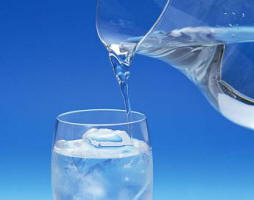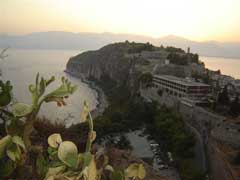 Increasing water and land productivities in Tunisia and Morocco
Increasing water and land productivities in Tunisia and Morocco
Nearly 80 percent of seasonal crop areas in the Near East and North Africa Region are rainfed, a system whose water source is highly variable, insufficient to satisfy the crop water demand, and often exposed to drought.
These conditions make farming in rainfed areas highly risky and unpredictable, with negative implications for farmers’ livelihood and national food security as well. Depending on the expected rainfall regime, there are two major farming practices that can be adopted to reduce the production uncertainty: Supplemental Irrigation (SI) and Conservation Agriculture (CA).
Supplemental Irrigation
This project scaled-up a supplemental irrigation package, originally developed under the Water Benchmark Project led by the International Center for Agricultural Research in the Dry Areas (ICARDA)and national partners in Morocco and Tunisia. The package combined supplemental irrigation with appropriate agronomic management practices, such as sowing times and fertilizer recommendations. The project improved water resource management and land productivity at the farm level and subsequently increased farmers’ incomes. The project also highlighted that the SI package is most beneficial when rainfall is above 350-400 mm per year.
| Contact information | n/a |
|---|---|
| News type | Inbrief |
| File link |
http://agora.medspring.eu/en/articles/increasing-water-and-land-productivities-tunisia-and-morocco |
| Source of information | agora.medspring |
| Subject(s) | AGRICULTURE |
| Geographical coverage | Tunisia, |
| News date | 18/05/2018 |
| Working language(s) | ENGLISH |
 you are not logged in
you are not logged in





